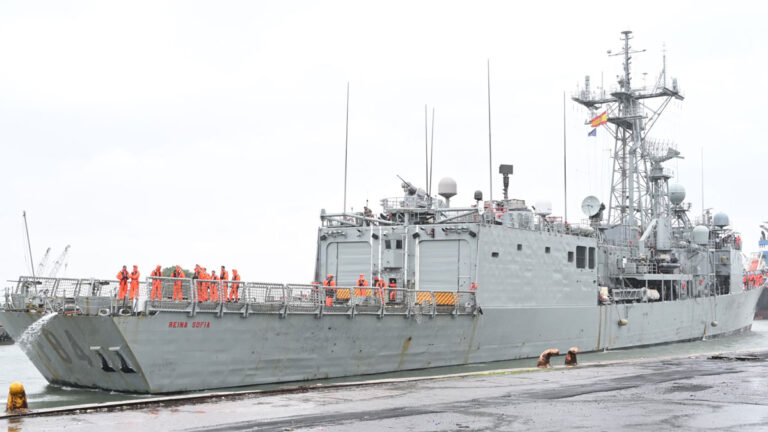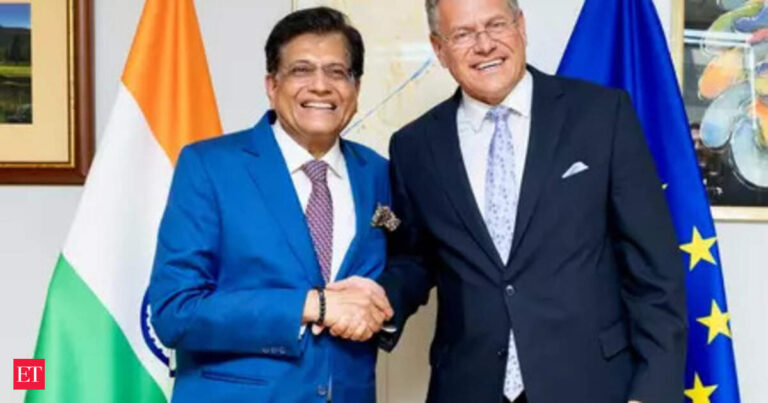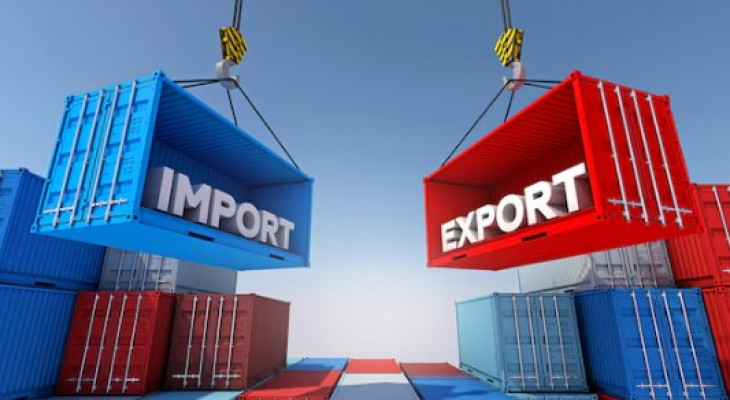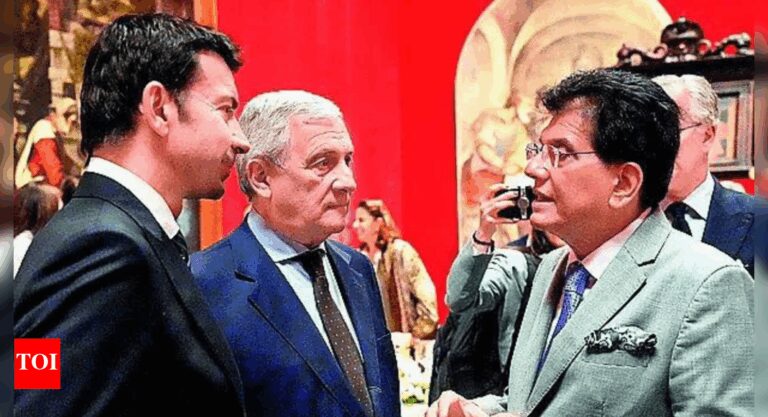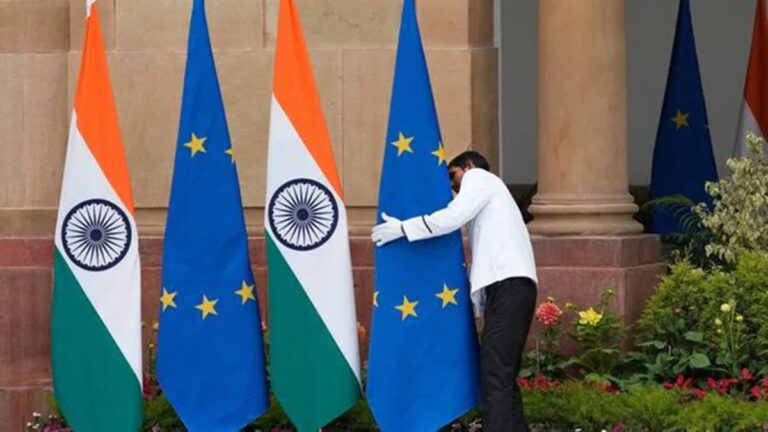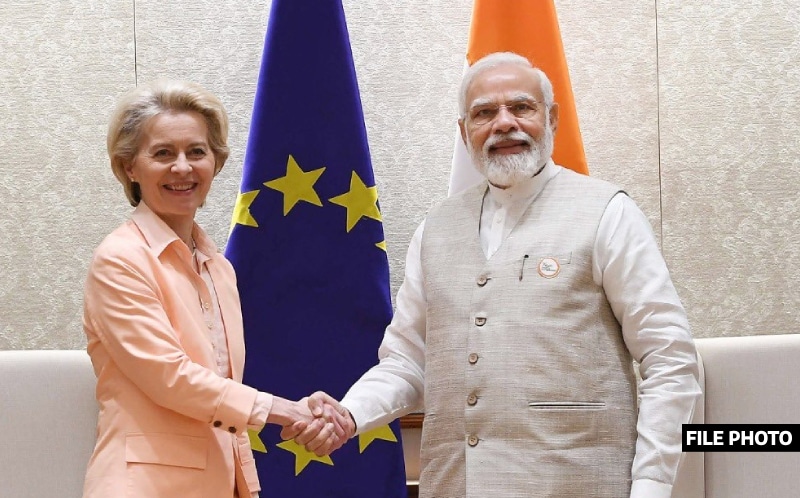
India and the European Union (EU) should improve their defense and security links, with a series of key proposals aligned for this year. These plans highlight the common commitment to strengthen partnerships, in particular in the wake of global security problems and economic cooperation.
Defense and security cooperation
One of the focal points of the renewed India-EU dialogue is to deepen their collaboration for defense and security. The two parties seek to raise their strategic partnership, in particular at the level of the Secretary of Defense. Ursula von der Leyen, president of the European Commission, is expected to visit New Delhi this week, marking her first visit to India in her current role. Von der Leyen stressed: “This is my first trip to the new commission, and with Prime Minister Modi, and we want to improve the strategic partnership with the largest country and the democracy in the world.”
Maritime cooperation, in particular, is a key area of attention, the EU wishing to deploy a liaison officer at the Indian Navy Information Center in Gurugram. The center plays a crucial role in improving maritime security through the Indian Ocean, extending from the Strait of Malacca to the Gulf of Aden, and promotes regional cooperation to protect these vital waters.
Terrorism and internal security
Beyond traditional defense areas, the two parties also consider means of cooperating in counter-terrorism. In particular, the EU has organized a workshop to explore the use of commercial drones in terrorism, aimed at preventing new threats in the rapidly evolving safety landscape. In addition, discussions on improving the efforts to fight terrorism should occupy the front of the stage during their talks later this week. The importance of internal security dialogues between India and the EU has never been so urgent.
Ukrainian conflict and sanctions
The current war in Ukraine remains a critical problem in the broader context of the India-EU relationship. Ursula von der Leyen said that discussions on sanctions against Russia will be a priority during her visit. “We are looking for the help of India to apply sanctions against Russia,” said an EU official on Tuesday, February 25, 2025). While India has maintained a neutral position on the conflict, pleading for dialogue and diplomacy, it should play a key role in the stabilization efforts of the region and the promotion of peace.
Discussions of the free trade agreement (ALE)
At the heart of India-EU, negotiations are the expected free trade agreement (ALE). After several series of discussions, the two parties get closer to an agreement. Key problems such as prices and market access have been controversial points. The EU puts pressure for lower prices on key products such as whiskey, wine and cars, which remain very protected in India. As an EU official pointed out, “the India market is relatively closed, in particular the key products of commercial interest in the European Union”.
Prices are a critical snack point, the EU looking for a significant reduction in the tariffs on these goods. EU requests are among the wider efforts to obtain a trade agreement that removes obstacles to its commercial interests on the Indian market. “We want a significant Ale that covers prices, non -pricing obstacles and supply commitments,” said the EU official. As previously indicated by Financialxpress.com, these discussions should intensify in the coming months, the tenth series of negotiations scheduled for March 2025 in Brussels.
For India, these pricing reductions are a double -edged sword. Although it can open Indian markets to EU products, it would also be necessary to balance the concerns of national industries.
India has expressed its desire to ensure that the ALE takes charge of its micro, small and medium -sized enterprises (MPME) and does not disintegrate the key sectors, such as steel and aluminum, which risk making Faced with higher tasks due to the adjustment of the EU mechanism EU carbon border (CBAM).
Connectivity and more
Connectivity continues to be a pillar of India-EU relations, with the India-Middle East-Europe corridor high on the agenda. Launched at the Delhi G20 summit last year, this Méga-Connectivity Project is considered a crucial link between two of the largest markets in the world. Both sides also explore the potential of submarine cable connections to further improve digital links.
In terms of technology, India and the EU explored areas such as green hydrogen, electric vehicle batteries (EV) and space technology. A memorandum of understanding offered on semiconductors and water management should also stimulate innovation and technology transfer. The prospect of linking the unified payment interface of India (UPI) to a European digital portfolio endorses the growing technological collaboration between the two parties.
High issues in commercial negotiations
The sales program should be a key point when visiting Von Der Leyen. After nine series of negotiations, the EU and India should hold their tenth series of talks on the Ale in Brussels in March. The two parties have ambitious expectations, the EU seeking a “balanced, ambitious and complete” agreement. However, the EU call to higher standards in areas such as prices and purchases contrasts with India’s thrust for more concessions for its industries.
“We have high expectations of the agreement, and the challenge is to find common ground where the interests of both parties are reflected,” said the EU official. India, for its part, aims to solve long -standing market access problems and to create new paths for service exports.

